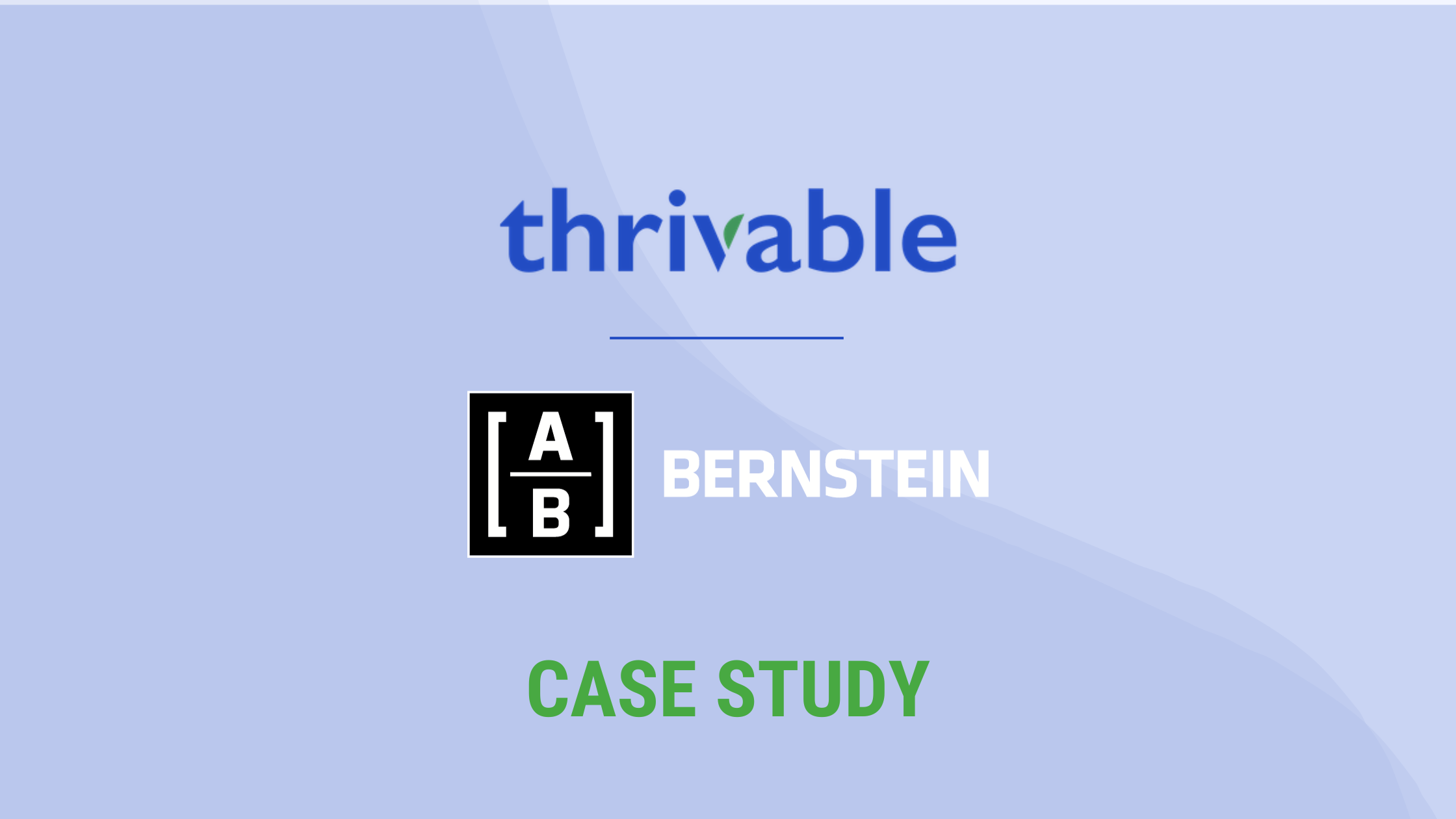Blog
When to Conduct Quick vs. Methodical Research Projects

Adam Zandman
Insights
.png)
Quick research is perfect for immediate needs, while methodical research is vital for in-depth understanding and long-term impact. The key is knowing when to prioritize speed or depth - or when to combine both.
The Case for Quick Research
Quick research projects are designed to deliver targeted insights fast. They rely on streamlined processes, often focusing on narrow objectives to meet pressing needs.
When to Use Quick Research
-
Tracking Trends: When market conditions or patient behaviors shift quickly, rapid data collection can inform immediate action.
-
Testing Early Ideas: Quick studies are ideal for gauging interest in new products or concepts without over-investing resources.
-
Urgent Decision-Making: In situations where time is of the essence, such as product launches or unexpected challenges, quick research can provide actionable answers.
Advantages
-
Results are often available in days or weeks, enabling fast responses.
-
Focused objectives and reduced scope typically mean lower costs.
-
Quick studies can be used iteratively to test and refine ideas.
Drawbacks
-
Rapid methods may overlook subtleties or broader trends.
-
Without careful design, speed can come at the expense of accuracy.
Why Methodical Research Matters
Methodical research involves careful planning, in-depth data collection, and thorough analysis. These studies are designed to answer complex questions and produce findings with long-term value.
When to Use Methodical Research
-
Regulatory Compliance: For studies requiring adherence to strict guidelines, such as those outlined by the FDA.
-
Clinical Trials: High-stakes research demands rigorous methods to ensure safety, efficacy, and credibility.
-
Strategic Decisions: Large-scale initiatives, such as entering new markets or addressing public health challenges, benefit from comprehensive data.
Advantages
-
Provides robust, multidimensional insights.
-
Stakeholders trust findings from well-designed, methodical studies.
-
Rigorous methods ensure reliability and repeatability.
Drawbacks
-
These studies often take months or even years to complete.
-
Not suitable for fast-changing or immediate needs.
Balancing Speed and Depth
Some situations call for a hybrid approach. For example, quick research can be used to explore emerging trends, followed by a methodical study to validate and expand upon initial findings. This balance ensures you get both timely and reliable insights.
At Thrivable, we understand the need for flexibility. Our platform is built to deliver high-quality data at speed, empowering clients to make quick decisions without compromising accuracy. And our world-class research team expertly analyzes and supports any style of research. For more complex needs, we support methodical research with tools and methodologies that ensure rigor and depth. Whether it’s a quick-turnaround survey or a long-term study, Thrivable adapts to your goals, providing insights you can trust. If your organization needs support turning around quick studies or conducting more thorough research, contact our sales team to discuss your options.
About the author

Adam Zandman
Adam, Thrivable's Marketing Director, is a passionate advocate for improving the patient experience, driving companies to prioritize the patient voice in their decisions
Related Content
-

-

Case Study
Case Study: How Bernstein is Reshaping the Way Investors Think about Diabetes MedTech
Market Research
-



